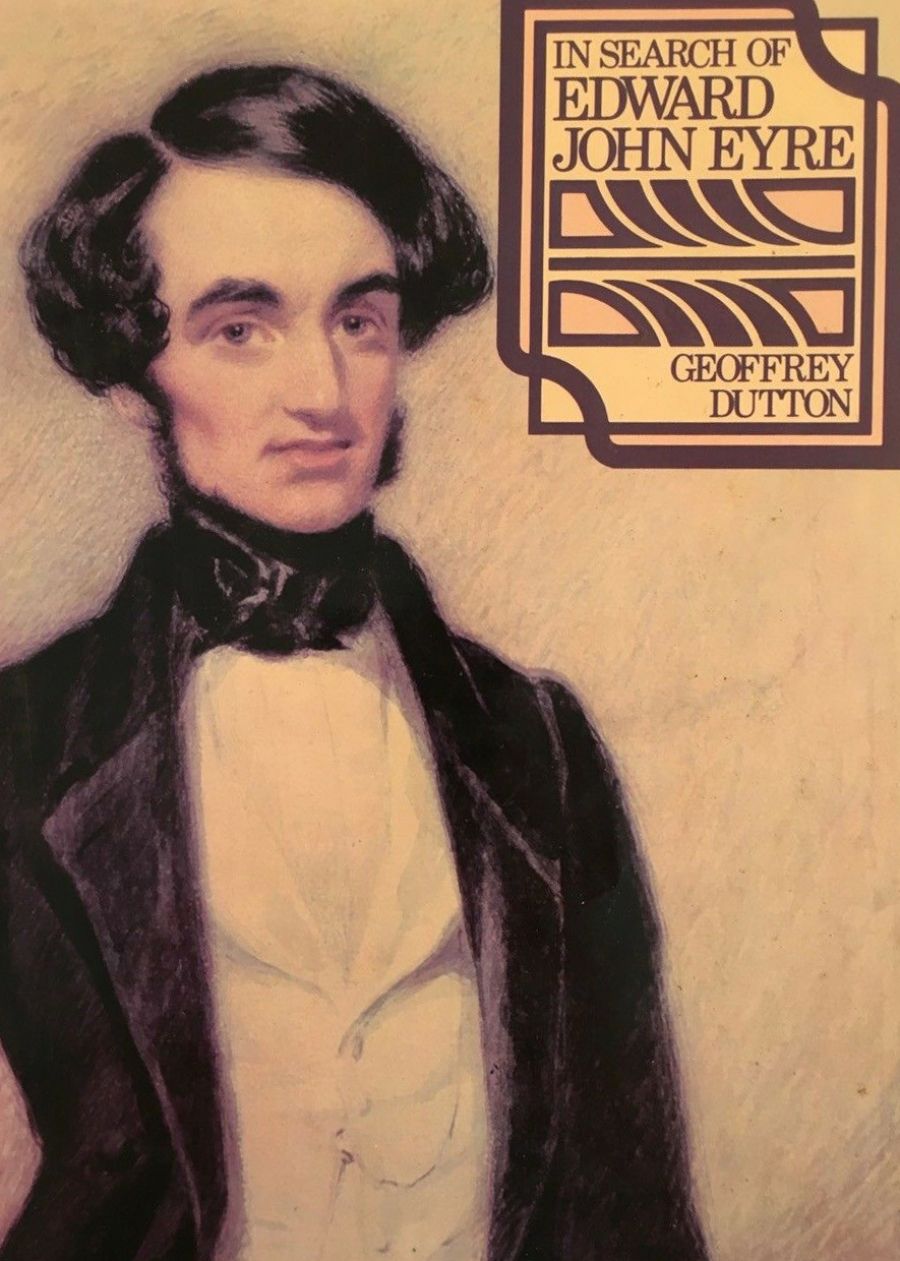
- Free Article: No
- Contents Category: Biography
- Review Article: Yes
- Online Only: No
- Custom Highlight Text:
In this volume, a valued literary companion of long standing has been stripped of two-thirds of its substance, all of its footnotes and bibliography, even acknowledgments; and the remnant, daubed with illustrations, comes out dressed for a different marketplace.
- Book 1 Title: In Search of Edward John Eyre
- Book 1 Biblio: Macmillan, 152 pp., $19.95 pb
Even owners of the original may be misled by the title, In Search of … Or would I be the sole one to anticipate tales of past encounters in research at last able to be told, wads of additional material recently come to hand, fresh insights and startling new interpretations, or whatever else would make the writing of a follow-up book worthwhile?
Since the matter is not mentioned, I do not know what part, if any, the author played in making this digest, but internal evidence suggests some sort of ‘professional job’.
Some odd choices have been made, strange things have gone wrong and, in the more closely read sections, the text seems to have been stirred in detail by a person less informed and able than Geoffrey Dutton is.
Even quotations have not escaped treatment. It is not the occasional regretted slip in transcription which anyone can make. Here it is deliberate, foolish, and worst of all, unacknowledged rewording. [Square brackets? No sign of them!] Admittedly, in the samples checked most of the little ‘improvements’ do no more than offend against decent convention. Few readers would even suspect the substitution; but that is precisely what makes the practice so unfortunate.
It is also liable to lead to discovery, sometime. For example, on page twenty-three a key quotation from Eyre’s journal happens to be on a sensitive subject. He was recording, with his customary care and skill in the use of language, a link in the chain of observations
which persuaded him to abort his northern expedition. Amongst no less than six alterations in the space of ten lines the substitution of ‘in’ for ‘on’, which on the face of it may seem trivial, turns Eyre’s fine sense into nonsense.
Though, in truth, words matter here less than usual since the book seems not designed for serious reading. Long lines of print, better suited to surrounds of text in picture books, fill one unbroken page after another. It is an object to be bought, looked at and put aside.
Yet it must be said that a newcomer to the subject who does persevere with the effort of attentive reading will enjoy benefit of both pleasure and instruction. Nothing done has been able to destroy the grace and surety of Dutton’s writing. There remains a sensible balance between the several stages in Eyre’s progress from early fame and fortune in Australia, through disappointment and frustration in New Zealand, a maelstrom of troubles and killings in West Indies, and terrible years of bitter controversy and court actions on return to England. Despite grievous loss of invaluable information and reflection alike, essentially the same Eyre emerges: a hero inspired by duty and courage, greatly sinned against and vilely traduced, tragically driven into seclusion before his time.
So why not a first-class popularisation?


Comments powered by CComment